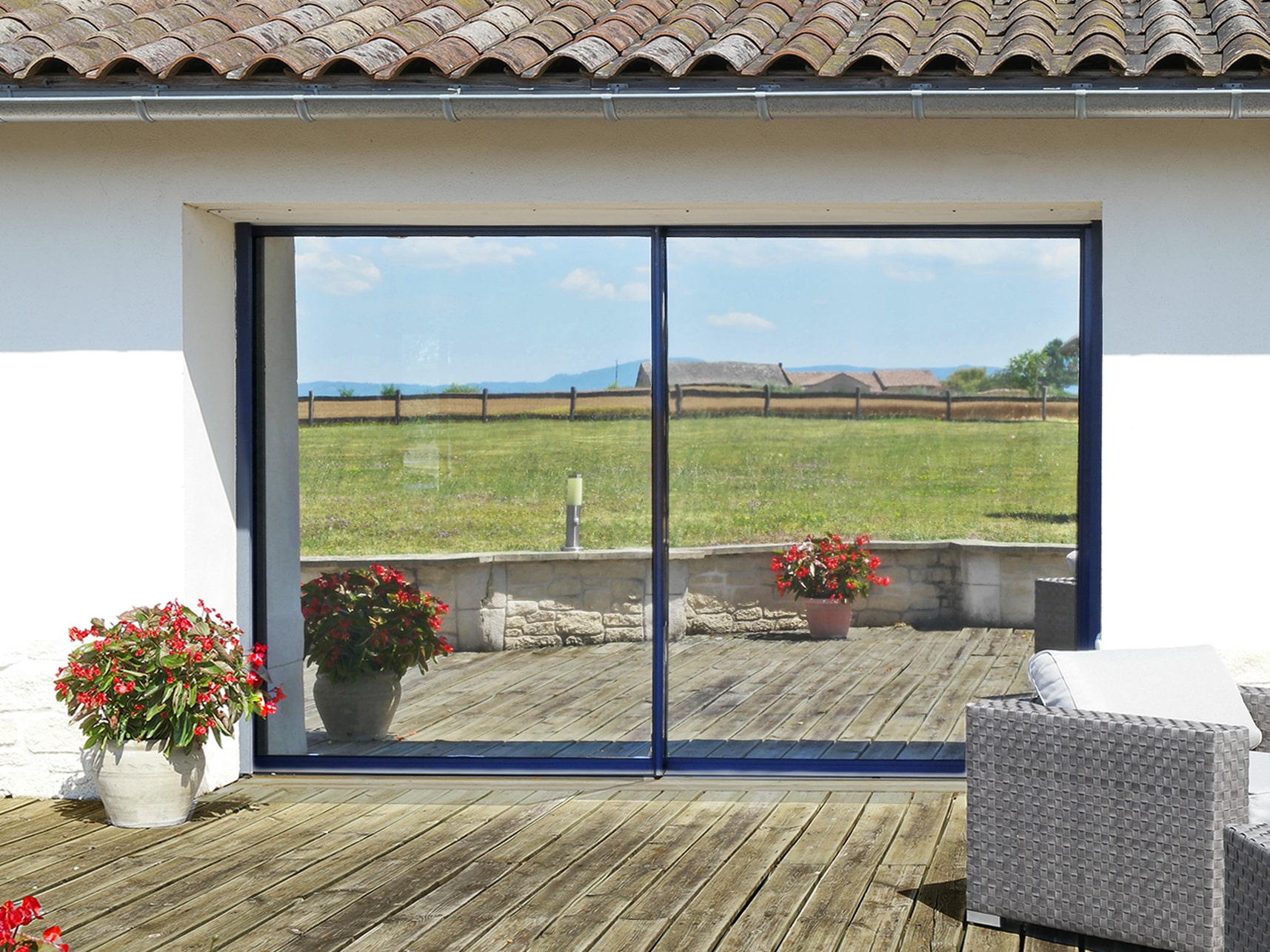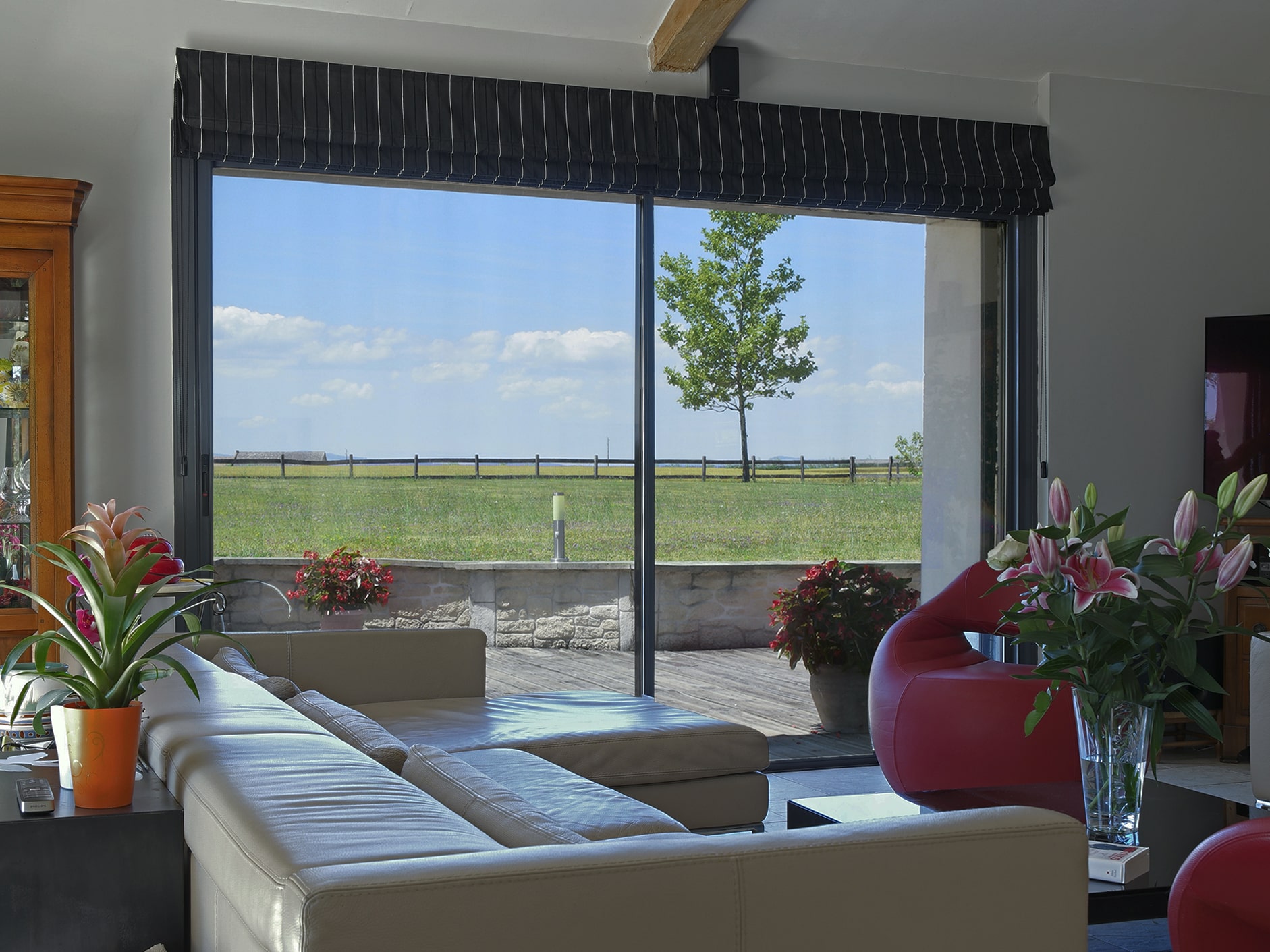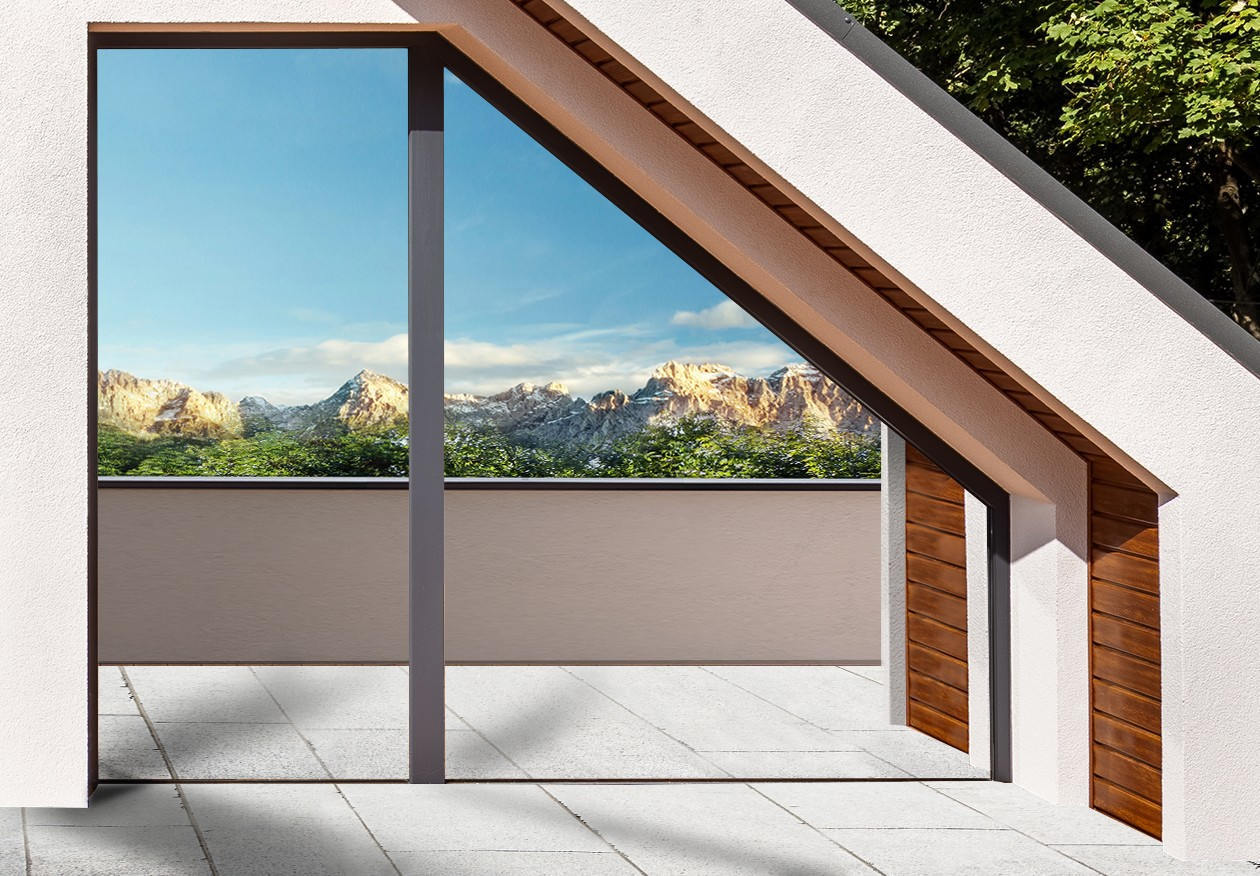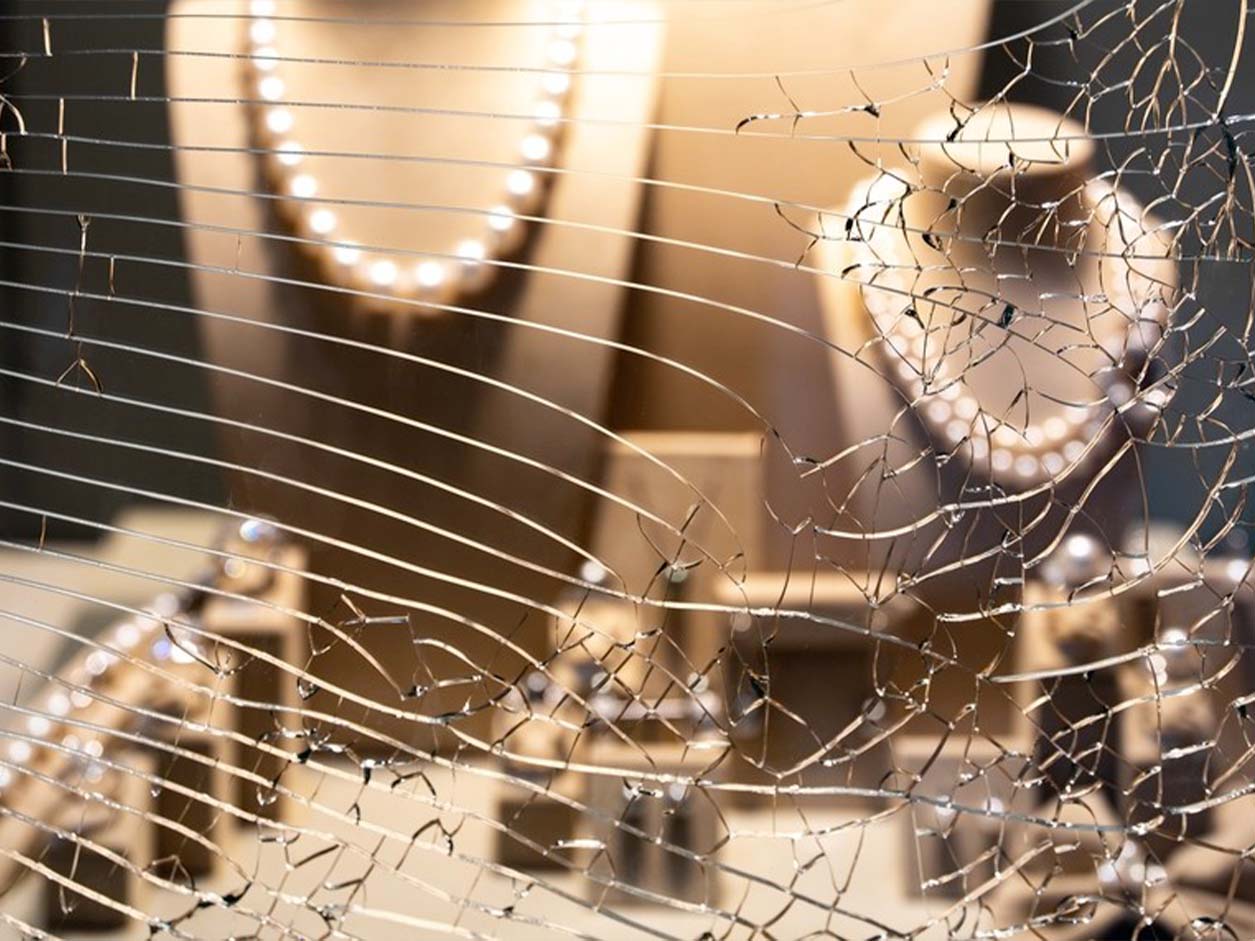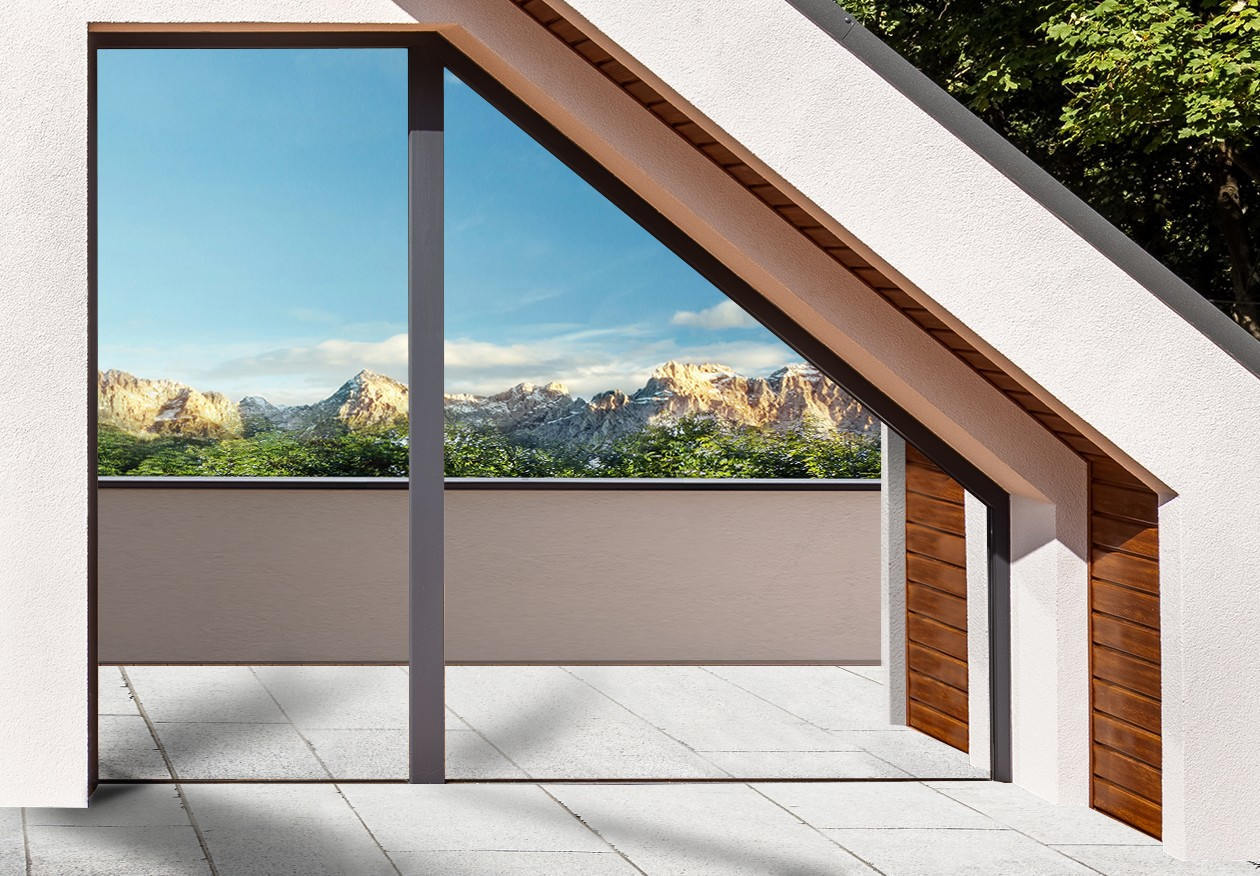Find the right adhesive!
The right film or coating for every need!
Sun and insulation
-
Les films anti-froid pour les bâtiments professionnels : avantages et ROI
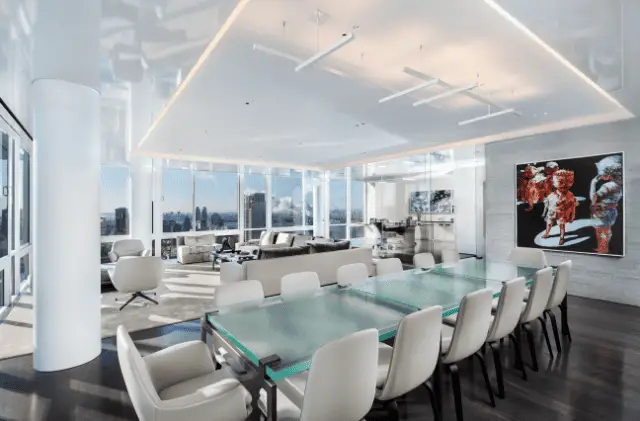 best-selling Sun & Insulation
best-selling Sun & Insulation -
Film anti-froid pour fenêtres de bureau : quels bénéfices en hiver

-
Anti-cold film: myth or real solution against heat loss?

-
Cold protection film for windows: how to choose the right model for your home?
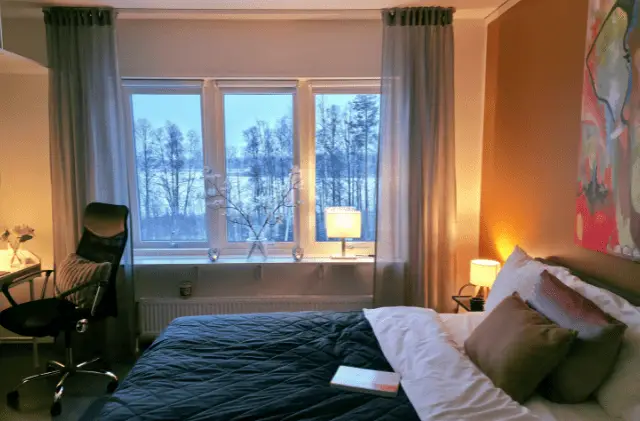
-
Anti-cold glazing film: improving winter insulation

-
What are the criteria for choosing solar film for buildings?
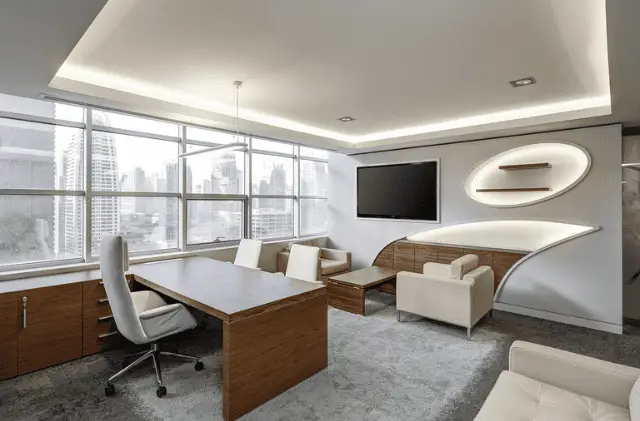
-
Heat-shielding film installation: our in-house competition
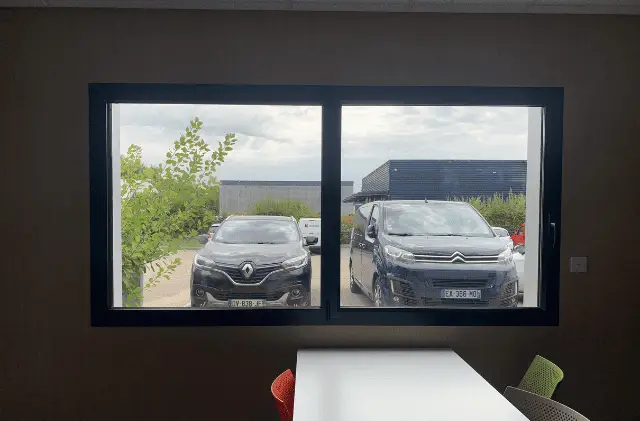
-
See all articles
sun and insulation
Privacy
-
All you need to know about one-way mirror film
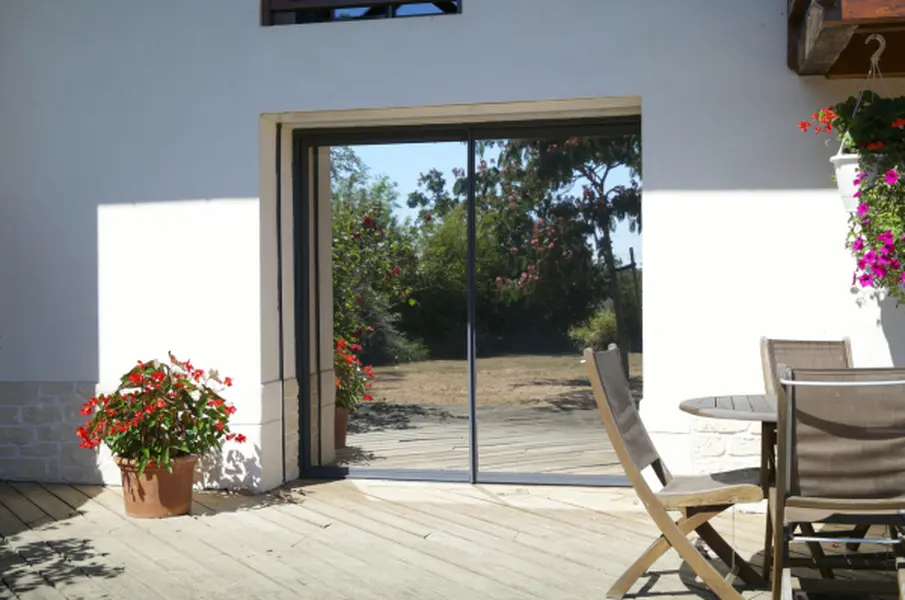 best seller Intimacy
best seller Intimacy -
Which opaque film should you choose to block out view?

-
FAQ Frosted film

-
Measuring aid - Window film

-
FAQ - Window film
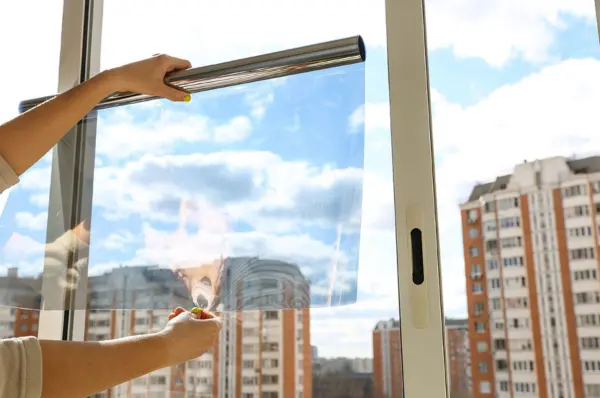
-
What's the difference between an adhesive film and an electrostatic film?
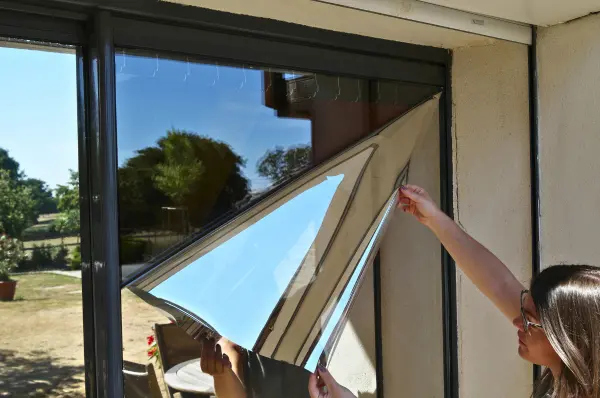
-
How do I clean window film?
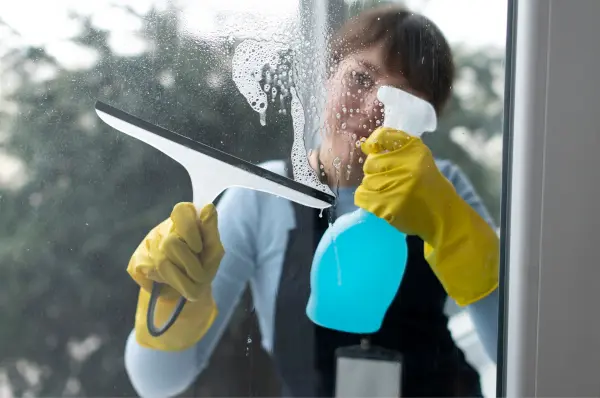
-
See all articles
privacy
Decoration
-
How did interieur.berna enhance its interior with Luminis Films adhesive films?
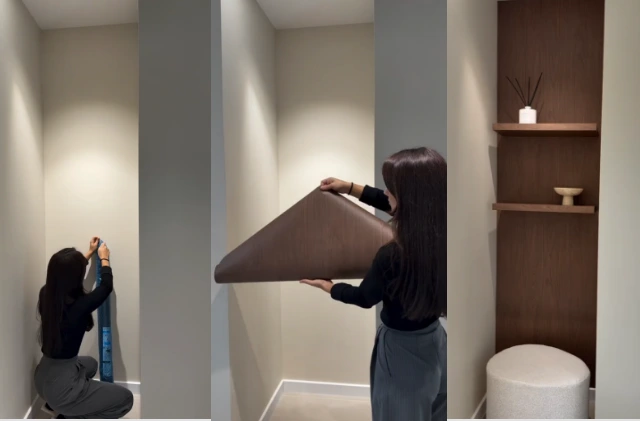 best-selling Decoration
best-selling Decoration -
Daily care of adhesive coverings: our advice

-
Outdoor furniture: can I use an adhesive coating?
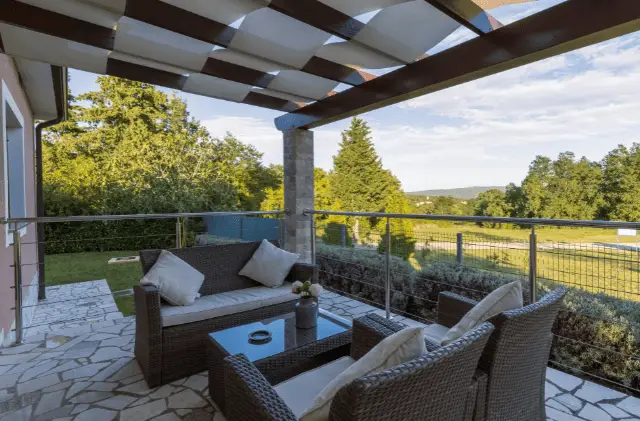
-
Mythbusters: 9 myths about adhesive coatings debunked
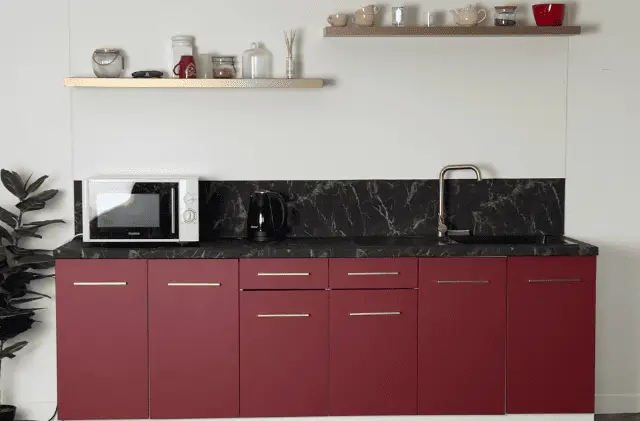
-
Our solutions for unsuccessful adhesive coating installation: bubbles, creases, visible joints

-
Paint vs. adhesive coating: which to choose for your surfaces?

-
Top 10 fall 2025 adhesive coatings to adopt

-
See all articles
decoration
Security
-
Our solutions for greater confidentiality and privacy
 best seller Safety
best seller Safety -
How to secure confidential company data?

-
Securing a dance hall with mirror back film

-
Measuring aid - Window film

-
FAQ - Window film

-
Tutorials and installation instructions
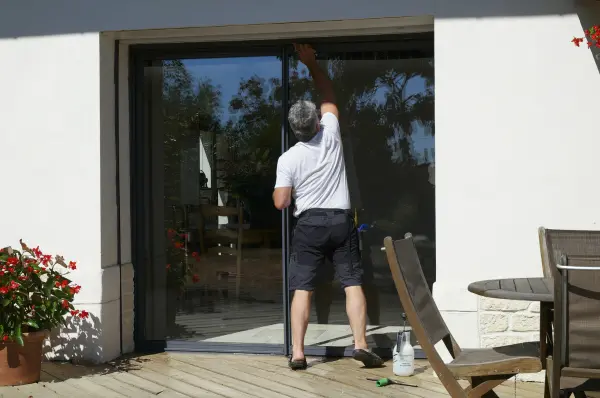
-
Store looting and vandalism: delay break-ins with anti-burglary window tape.

-
See all articles
safety
News
-
Luminis Films sponsorship: €10 for you, -10% for them, 100% winner
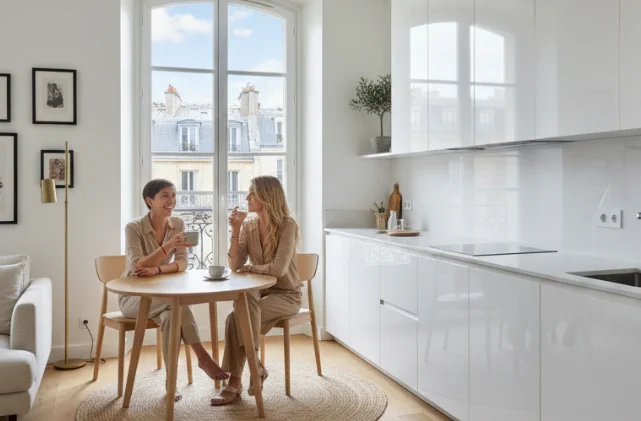
-
Luminis Films Open House: all you need to know about adhesive coating

-
Open Days : Learn all about self-adhesive film!

-
Holiday Challenges!

-
Our home resolutions for 2025

-
Learn more about Luminis Films

-
A look back at the event "Bouger POUR ELLES

-
See all articles
news
Professionals
-
Film anti-froid pour fenêtres de bureau : quels bénéfices en hiver
 best-selling Professional
best-selling Professional -
How to secure confidential company data?

-
What are the criteria for choosing solar film for buildings?

-
Our coworking space solutions.

-
Our special window decals are perfect for Christmas!

-
Customize your store window with adhesives!
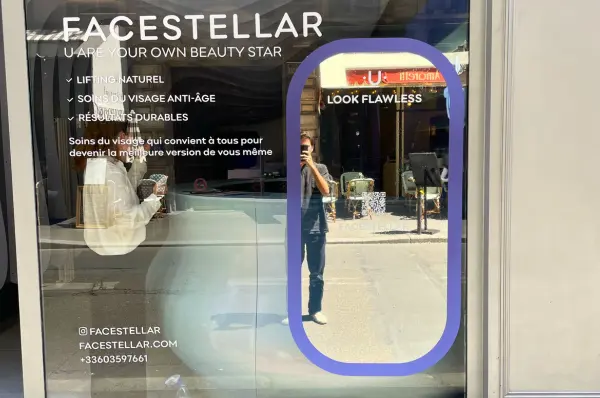
-
How to combat heat in offices and workshops?

-
See all articles
professionals
Experts at your service
For all your projects, our advisors are at your disposal for any information you may need. In doubt? Have a question? Don't hesitate to contact us via the contact form for your quotation requests, for example, or directly by telephone.
Our customer service team can help you choose the right finish for your film or coating, and also advise you on the type of backing you need to avoid any possible inconvenience. Need an installation service? We can mobilize our network of installers in many French départements!


